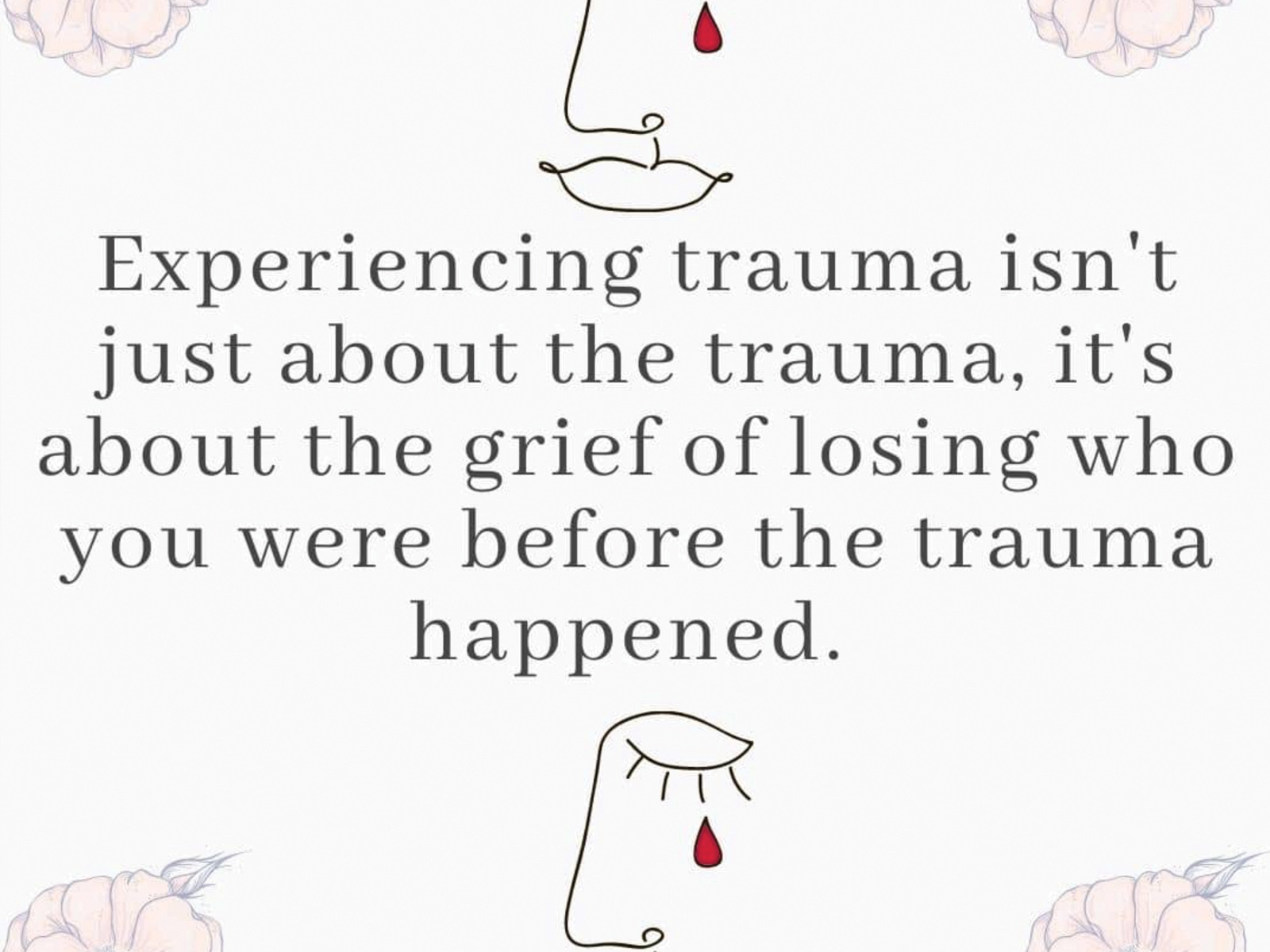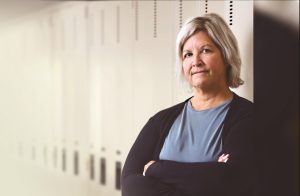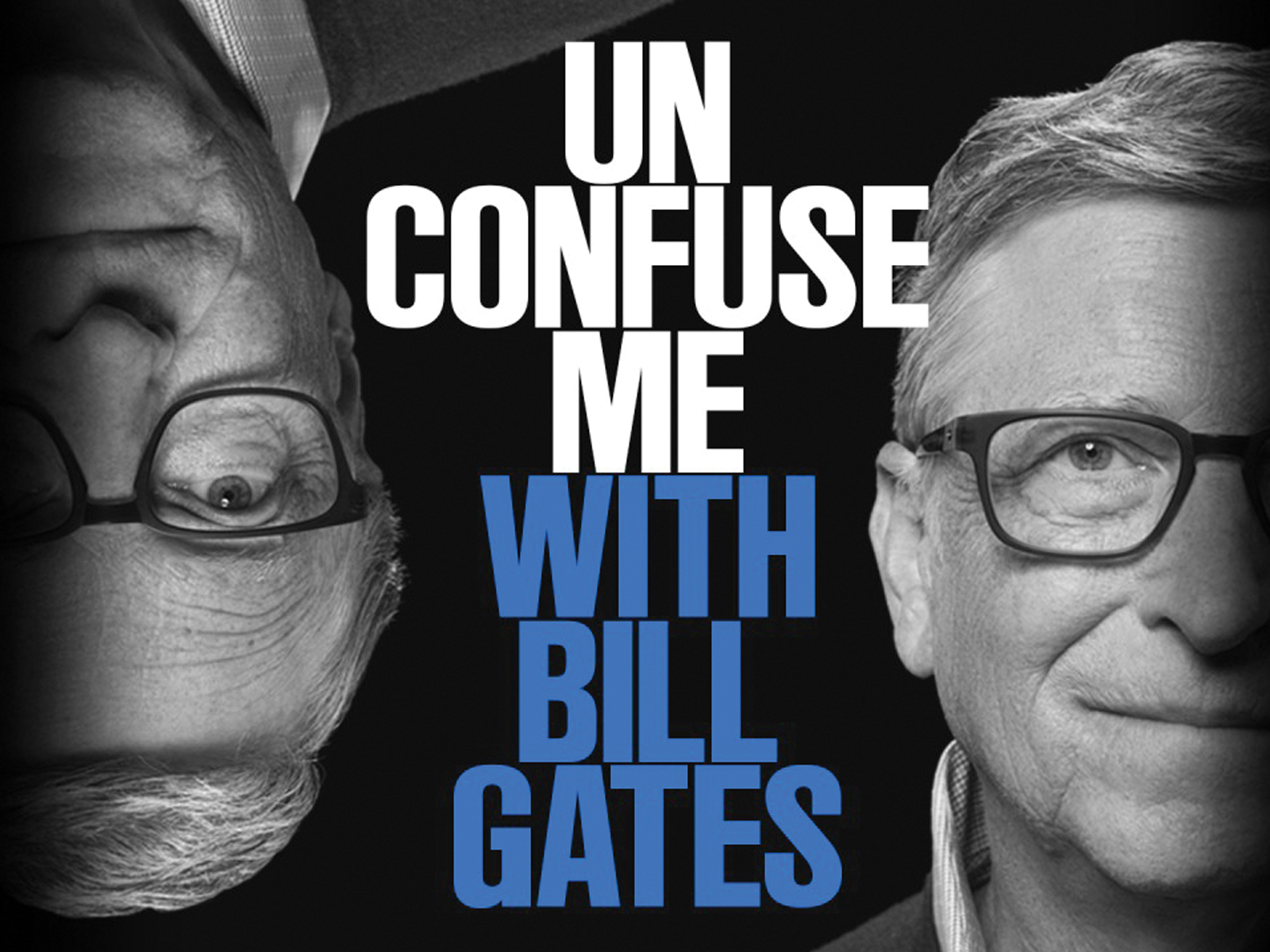Sharing commonalities and building solidarity
By Natasha Way
A safe space for those who have been impacted by loss, intergenerational trauma and cultural erasure.
In the BIPOC (black, Indigenous, people of colour) community, we are taught to hold in and suppress our emotions more often than not. We learn very early on that society won’t have the same sympathy for us and our emotions that others may receive but that is also can be dangerous for us to display these intense emotions in public.
Fortunately, a safe space has been created from a Toronto based collective referred to as BIPOC Death and Grief Talk, that supports black, indigenous, people of colour as they navigate grief and loss while exploring systematic issues such as intergenerational trauma and the consistent pain of being a racialized person.
The group previously met in person but moved to zoom at the beginning of the pandemic. Co-founder Carmen Galvan, a death doula, and Kayla Carter, a birth doula, now host virtual discussions on a regular basis. The sessions connect folks who share commonality in the pain they are feeling and wish to talk openly about grief and feel the intense emotions that come along with it.
The group used to meet in person but has since moved to zoom near the beginning of the pandemic. While some discussions look into loss, or grief generally, some topics and discussions are about the intersections of BIPOC grief and neurodivergence or grief in activism and community organizing.
Deconstructing myths about grief is part of the group’s mission. The definition of grief extends far beyond the loss of an individual, it can also include the spiritual emptiness of being pulled away from your culture, or not having access to your ancestors, your ancestral land, your languages.
By maintaining a largely BIPOC-only space, Galvin and carter, who struggle with health issues of their own, are committed to prioritizing the group’s sessions, claiming they are not only energizing and fulfilling but also “radical, spiritual, and intentional.” Collaborating with other organizations is also part of the group’s mandate and the talk have attracted people from around the world. (UK, India, Australia).
While some discussions look into loss, or grief in general, others cover the intersection of BIPOC grief and neurodivergence, grief in activism, and community organizing. The group whose definition of grief extends far beyond the loss of an individual, is interested in de-constructing existing myths about grief, the spiritual emptiness of being pulled away from your culture and not having access to your ancestors, your ancestral land, or your language.
The duo begins every death and grief talk by reminding participants they aren’t expected to keep their cameras on, or participate verbally or in the chat, and encourage the flexibility to take breaks and join and leave the meeting as needed should feel overwhelmed. Galvan and Carter who facilitate the exchanges as peers rather than acting as experts, help attendee’s talk openly and say they surely recognize the parallels between participants’ experiences also create opportunities for solidarity.
Natasha Way, Ahki Odayin, is a two-spirit person of the Ojibwe People of Wikewemikong First Nations, and Bonnechere Mètis Nations of Ontario. They are an editing assistant, indigenous and disabilities rights advocate, community organizer and artist.














